
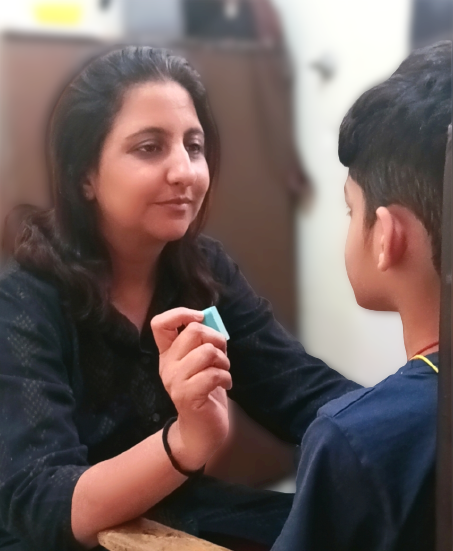
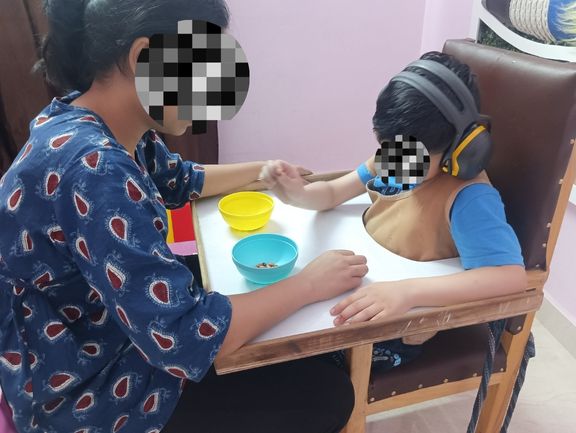
Occupational therapy (OT) is a healthcare profession that enables people to participate as fully and as independently as possible in activities of daily living. A paediatric OT helps children develop the underlying skills necessary for learning and performing functional tasks in the areas of self-care, school and play/leisure.
These three areas are seen as the child’s main occupation. With an expert understanding of child development, anatomy, physiology and paediatric conditions, our paediatric OT assesses and analyses why a child may be struggling to carry out specific tasks and elaborates a treatment plan to address the child’s specific needs. Common difficulties or conditions treated by our occupational therapy team include:
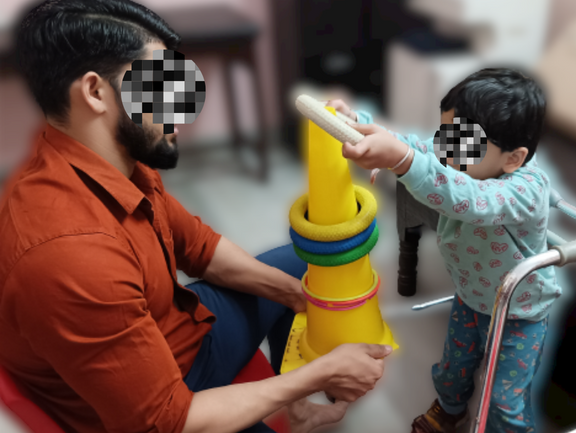
Physical therapists identify and treat problems related to gross motor development. Our therapists can also help you and your child obtain appropriate mobility and positioning devices including wheelchairs, walkers, standers, helmets, and foot orthotics.
There are a variety of problems and conditions that may be improved by physical therapy treatments. Children with special needs such as those with autism spectrum disorders, cerebral palsy, spina bifida, Down syndrome, Erb’s palsy, and muscular dystrophies as well as children with the following conditions could benefit from physical therapy:
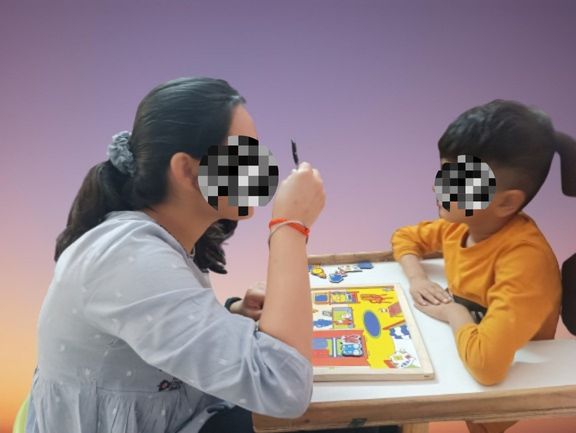
Our team of speech and language therapists screen, assess, identify and provide support for all areas of communication including:
Our play-based approach to therapy is tailored to fit your child’s needs and fosters a fun, exciting and supportive environment where your child’s ability to communicate can blossom. We work closely with parents, teachers and other professionals to ensure a collaborative service delivery wherever possible.
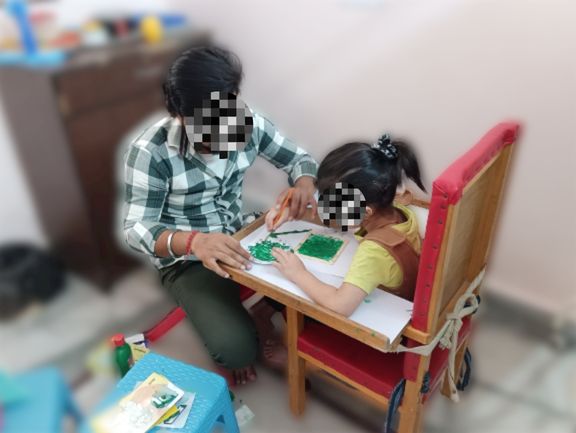
The goal of each of the programs is to help the child learn to the best of his/her abilities, building on strengths and working on the difficulties. The focus of the teaching is multi-dimensional and encompasses all important skill areas like communication, social understanding, play and leisure, self-care routines amongst others.
All the Educational Programs start with an initial assessment of the child. Based on the child’s strengths, behaviours, learning patterns, and the teaching and learning methods best suited to him/her, an Individualized Educational Plan is made keeping in mind the child’s current needs, as well as the parents’ immediate concerns.
Active participation of the family is encouraged in all the programs to ensure that the learning does not remain restricted to any one environment, but is practiced in all environments.